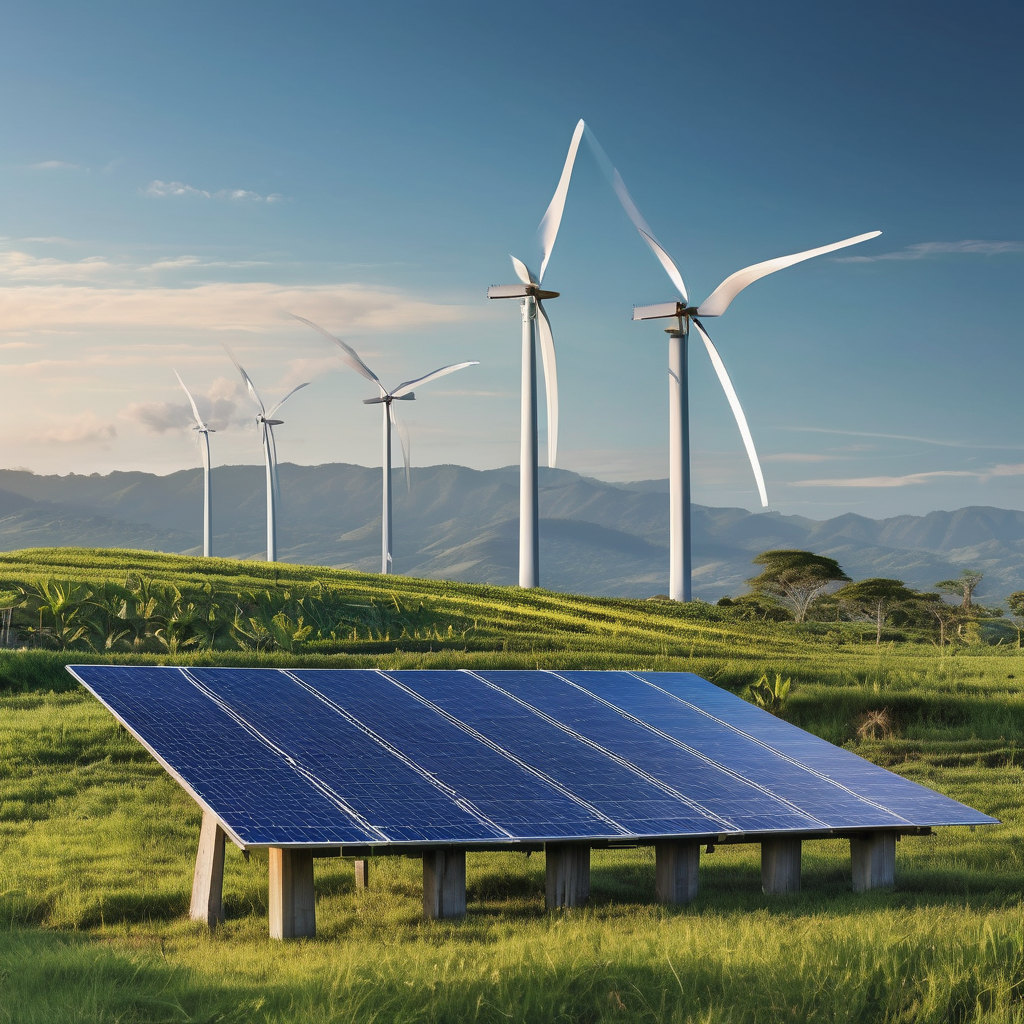UN Secretary-General António Guterres is actively advocating for an accelerated transition from fossil fuels to clean energy, describing it as “the cheapest source of new electricity in nearly every country.” His latest remarks were delivered at the Energy Transition Roundtable in Belém, Brazil, just days ahead of the COP30 climate change conference, where he stressed the importance of a fair, fast, and final shift towards clean energy.
Guterres highlighted the rapid evolution of the global energy landscape, noting that renewable energy sources constituted 90 percent of new power capacity last year, with investments in renewables totaling a staggering US$2 trillion—US$800 billion more than fossil fuels. “The renewables revolution is here,” he declared, urging nations to accelerate their efforts and ensure that all countries reap the benefits of this transition.
Despite the promising trajectory of green energy investments, Guterres warned that nations are not moving swiftly enough in implementing their climate action plans. He cautioned that, even with new national commitments, global temperature rise is anticipated to exceed 2 degrees Celsius above pre-industrial levels, which will lead to more extreme weather conditions, floods, and increased suffering globally.
For the world to remain below the critical 1.5-degree threshold by the end of the century, Guterres emphasized a need for substantial reductions in global emissions—by nearly 50 percent by 2030, with a target of reaching net zero by 2050 and transitioning to net negative thereafter.
In his address, Guterres articulated five key areas for action, urging countries to align their laws and policies with a just energy transition, which includes discontinuing fossil fuel subsidies that hinder progress. He called for putting “people and equity at the center of the transition,” addressing the needs of workers and communities reliant on fossil fuels, particularly emphasizing opportunities for young people and women.
Guterres also highlighted the necessity of investing in infrastructure to support renewable energy, such as grids and storage capabilities, to meet the surging demand from data centers and technological advancements. He called for increased financing for developing countries, noting that Africa currently receives only two percent of global clean energy investment, further stressing the need for cooperation and technology transfer tailored to each nation’s capacities and dependencies.
This growing emphasis on clean energy sources presents a crucial opportunity for nations to unite in tackling climate change, signaling a hopeful path toward a sustainable future. By committing to renewable energy initiatives and backing vulnerable communities, there is potential for a global shift that not only stabilizes the climate but also nurtures economic growth and social equity.
